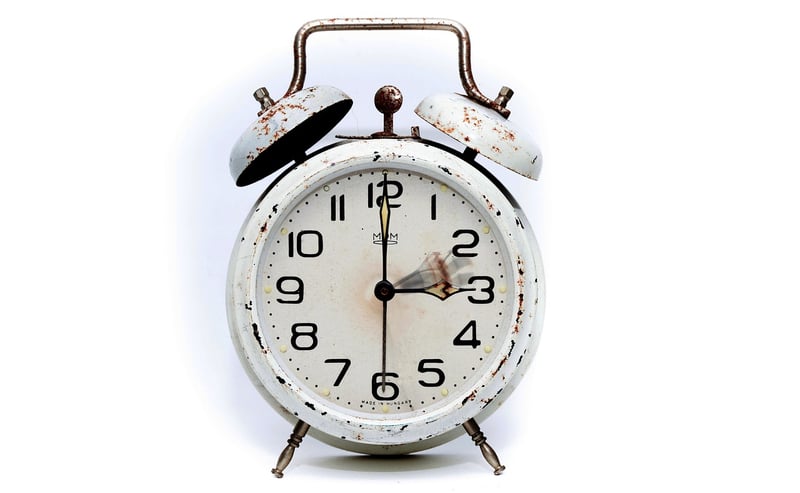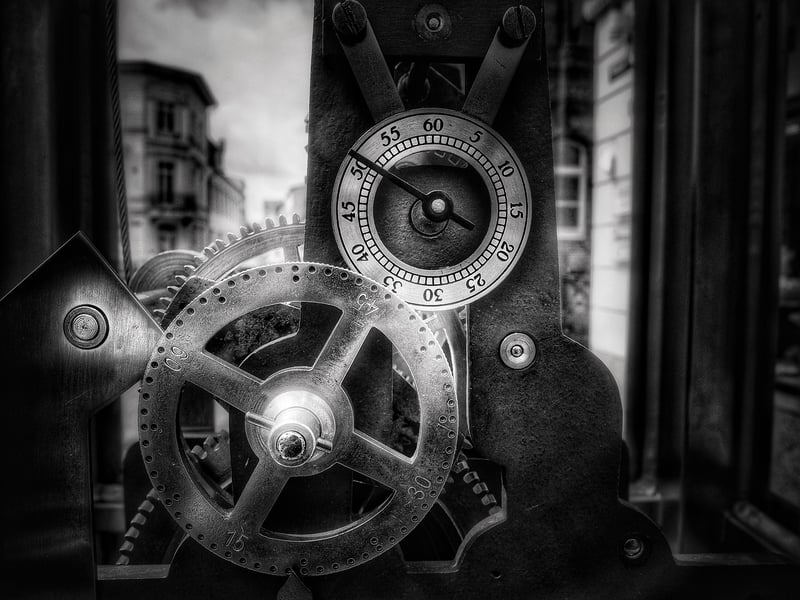Temporal Paradox Literature
#Books
#Novels
#Fiction
The Fascinating World of Temporal Paradox Literature
Temporal paradox literature, a subset of science fiction, delves into the intricate and mind-bending concept of time travel. These stories often explore the consequences of altering the past, creating alternate timelines, or facing paradoxes that challenge our understanding of cause and effect.
Key Themes in Temporal Paradox Literature
- Time Travel: The central theme that allows characters to move backward or forward in time, altering events along the way.
- Butterfly Effect: The idea that small changes in the past can have significant and unforeseen consequences in the future.
- Grandfather Paradox: A common dilemma where a time traveler alters the past in a way that prevents their own existence.
- Parallel Universes: Exploring the concept of multiple timelines coexisting simultaneously.
Notable Temporal Paradox Literature Works
- "The Time Machine" by H.G. Wells: A classic novel that popularized the concept of time travel and its implications.
- "Slaughterhouse-Five" by Kurt Vonnegut: Blends science fiction with historical events, challenging the linearity of time.
- "Dark Matter" by Blake Crouch: Explores alternate realities and the choices that shape our lives.
- "11/22/63" by Stephen King: Mixes time travel with historical fiction, posing moral dilemmas and consequences.
Impact of Temporal Paradox Literature
Temporal paradox literature not only entertains readers with gripping narratives but also provokes thought on philosophical and ethical questions. These stories invite us to ponder the nature of free will, the consequences of our actions, and the fragility of time itself.
Explore the vast and captivating realm of temporal paradox literature to witness the boundless creativity and intellectual stimulation it offers.


